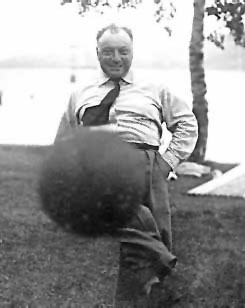wiki.keithl.com/QuantumMoment
The Quantum Moment
How Planck, Bohr, Einstein, and Heisenberg Taught Us to Love Uncertainty
Robert P. Crease and Alfred Scharff Goldhaber, 2014 Beav.Lib. 530.12 CRE
Blah, blah, blah. I'm a shut-up-and-calculate kinda guy, who believes that word descriptions are resolvable to bit strings, and bit strings are never less than ln(2)kT of energy. Thus I experience a more than 26meV world, sometimes instrument-mediated measurements of a colder world, but never a zero noise, zero error, infinite precision world. We invent zero-error models of the world because that is seemingly easier to think about, but the world surprises us when we apply this easy model to high-precision measurements.
The stuff of ordinary human-scale philosophy is far chunkier than that. Philosophers and mathematicians postulate artificial logic models with zero error, but are often led astray when they apply those models to physical reality or human behavior. This book seems like another attempt at that, a mass of words heavy enough to seem like a solid anchor, but more likely to make people like me walk away.
Which I did, around page 100. The photo on page 102, of clumsy Wolfgang Pauli kicking the soccer ball at cameraman Roy Glauber is amusing.

Logical reasoning aims for zero error, but never gets there in reality. It is better to let a few gnats go unstrained than attempt to completely digest "quantum camels". There are a multitude of conceptual elephants to be digested in countless other rooms.
Isn't that an annoying sentence? If you enjoyed it, you might enjoy The Quantum Moment.
p43 1959 Ian Fleming short story the Quantum of Solace but don't know where to read it.
- p44 What's new (ν, nu)? E/h
MEGO after that.